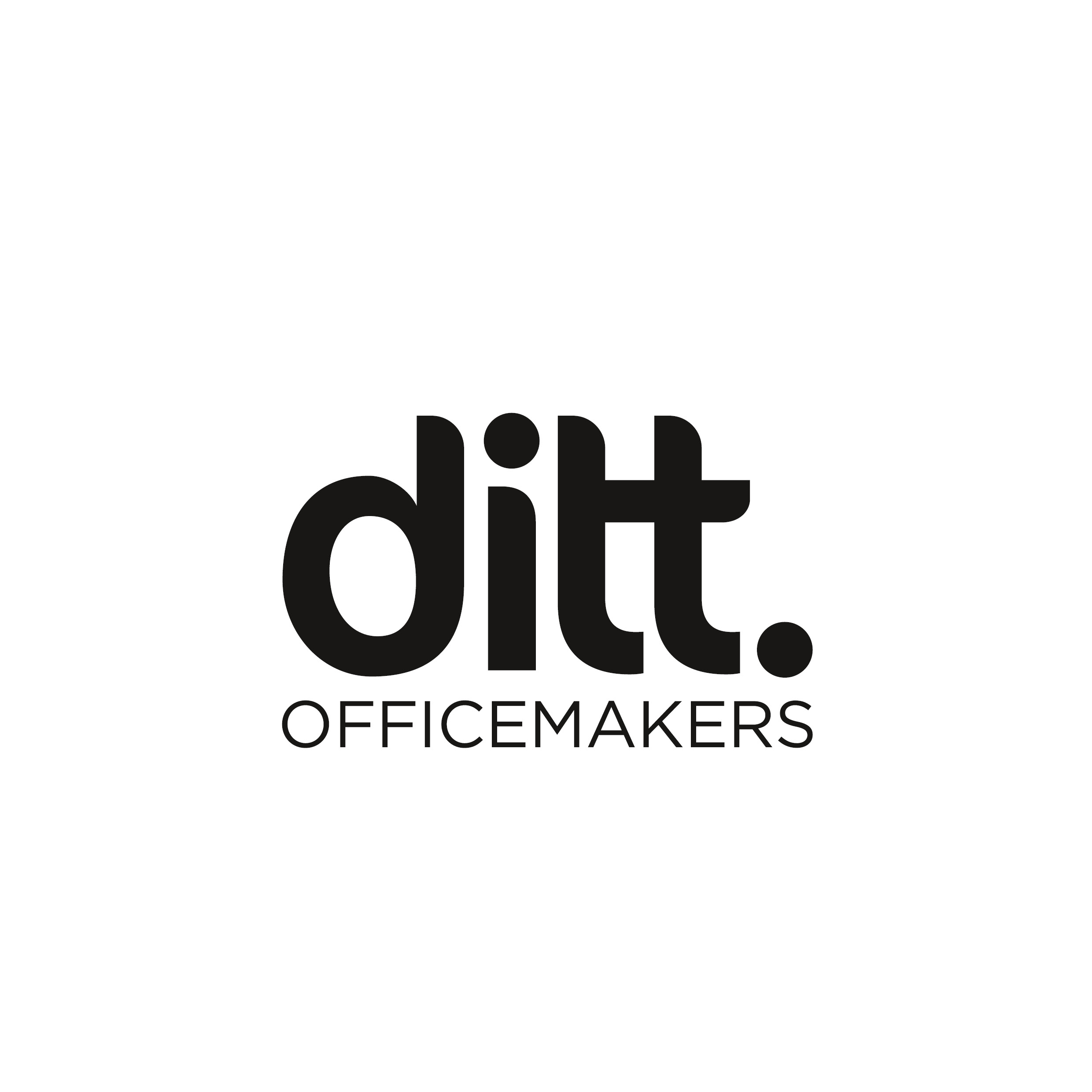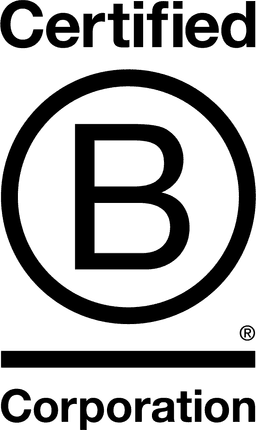

Ditt Officemakers

1.6
Overijssel, Netherlands The
June 2025
Design & building
Service with Significant Environmental Footprint
Germany,
Netherlands The
Ditt Officemakers ontwerpt en bouwt met hart voor mensen én de wereld. De juiste werkomgeving geeft energie en brengt balans in je werkleven. Het is de basis voor succes en een gezonde cultuur. Ditt Officemakers, een Design & Build-specialist met een missie: kantoren maken waar mensen blij van worden. Want als je prettig werkt, voel je je beter. In het Zweeds betekent ‘Ditt’ 'jouw' en dat is precies waar wij voor staan. Wij creëren jouw werkomgeving van morgen. Gedreven door innovatie en duurzaamheid brengen we identiteit en ambities tot leven in een unieke ervaring. Van schets tot smart building en van idee tot inspirerend interieur: met ons team van Ditt’ers maken we concreet wat jij in je hoofd hebt en nemen we alle zorgen uit handen. Transparant, constructief en betrouwbaar, precies wat je mag verwachten van een partner. In een gestroomlijnd proces komen al onze expertises samen: ontwerp, architectuur, realisatie en inrichting. Door samen te werken en elkaar uit te dagen, vinden we de slimste oplossingen of het nu gaat om een complex bouwkundig vraagstuk, alleen de inrichting of een vernieuwend totaalconcept. Onze Office Lifecycle-aanpak helpt je niet alleen vandaag, maar ook morgen de juiste keuzes te maken. Zo bouw je stap voor stap aan een werkomgeving die meebeweegt
Overall B Impact Score
Governance 13.6
Governance evaluates a company's overall mission, engagement around its social/environmental impact, ethics, and transparency. This section also evaluates the ability of a company to protect their mission and formally consider stakeholders in decision making through their corporate structure (e.g. benefit corporation) or corporate governing documents.
What is this? A company with an Impact Business Model is intentionally designed to create a specific positive outcome for one of its stakeholders - such as workers, community, environment, or customers.
Workers 25.3
Workers evaluates a company’s contributions to its employees’ financial security, health & safety, wellness, career development, and engagement & satisfaction. In addition, this section recognizes business models designed to benefit workers, such as companies that are at least 40% owned by non-executive employees and those that have workforce development programs to support individuals with barriers to employment.
Community 18.1
Community evaluates a company’s engagement with and impact on the communities in which it operates, hires from, and sources from. Topics include diversity, equity & inclusion, economic impact, civic engagement, charitable giving, and supply chain management. In addition, this section recognizes business models that are designed to address specific community-oriented problems, such as poverty alleviation through fair trade sourcing or distribution via microenterprises, producer cooperative models, locally focused economic development, and formal charitable giving commitments.
Environment 31.2
Environment evaluates a company’s overall environmental management practices as well as its impact on the air, climate, water, land, and biodiversity. This includes the direct impact of a company’s operations and, when applicable its supply chain and distribution channels. This section also recognizes companies with environmentally innovative production processes and those that sell products or services that have a positive environmental impact. Some examples might include products and services that create renewable energy, reduce consumption or waste, conserve land or wildlife, provide less toxic alternatives to the market, or educate people about environmental problems.
What is this? A company with an Impact Business Model is intentionally designed to create a specific positive outcome for one of its stakeholders - such as workers, community, environment, or customers.
Customers 1.1
Customers evaluates a company’s stewardship of its customers through the quality of its products and services, ethical marketing, data privacy and security, and feedback channels. In addition, this section recognizes products or services that are designed to address a particular social problem for or through its customers, such as health or educational products, arts & media products, serving underserved customers/clients, and services that improve the social impact of other businesses or organizations.